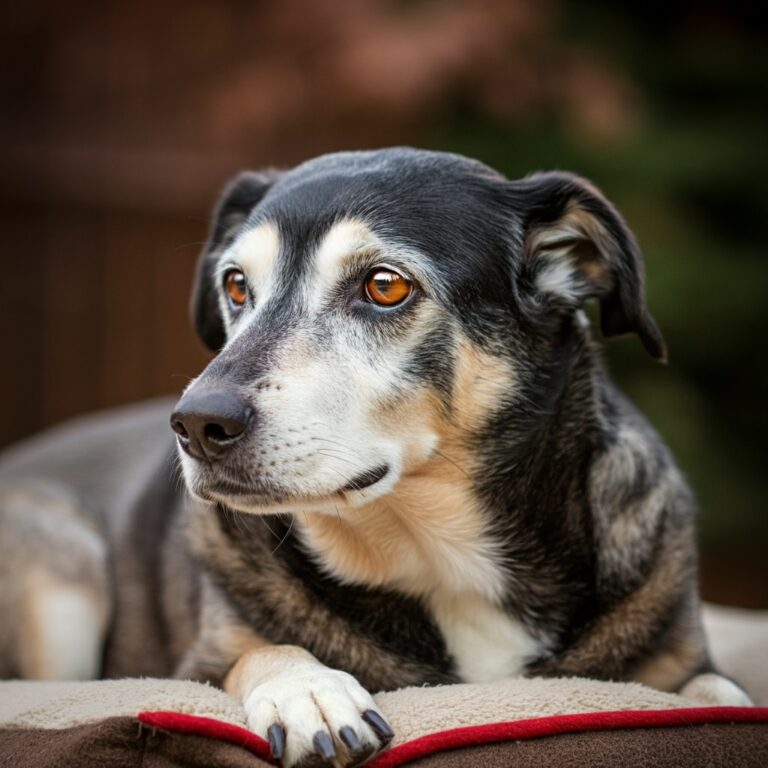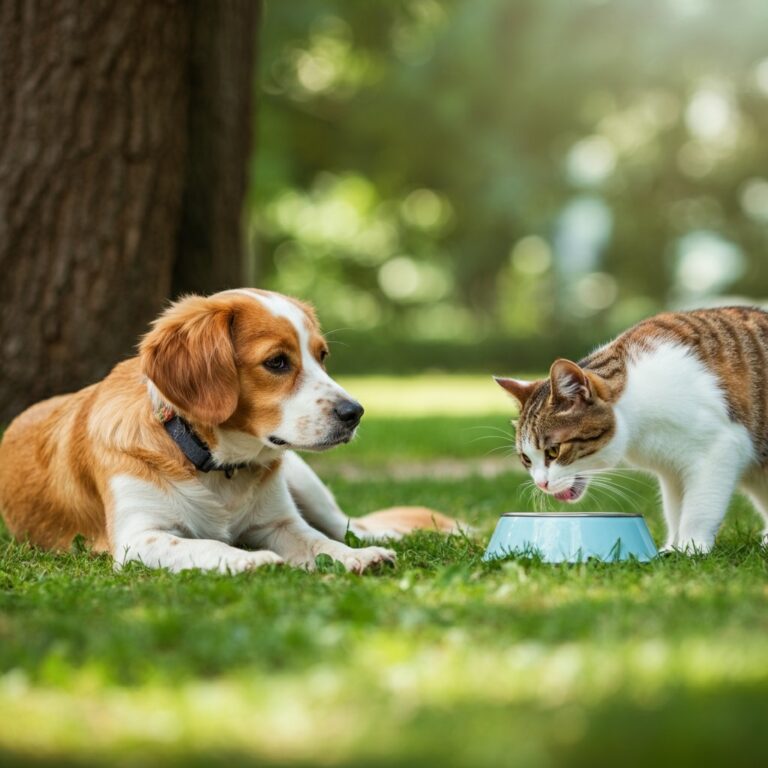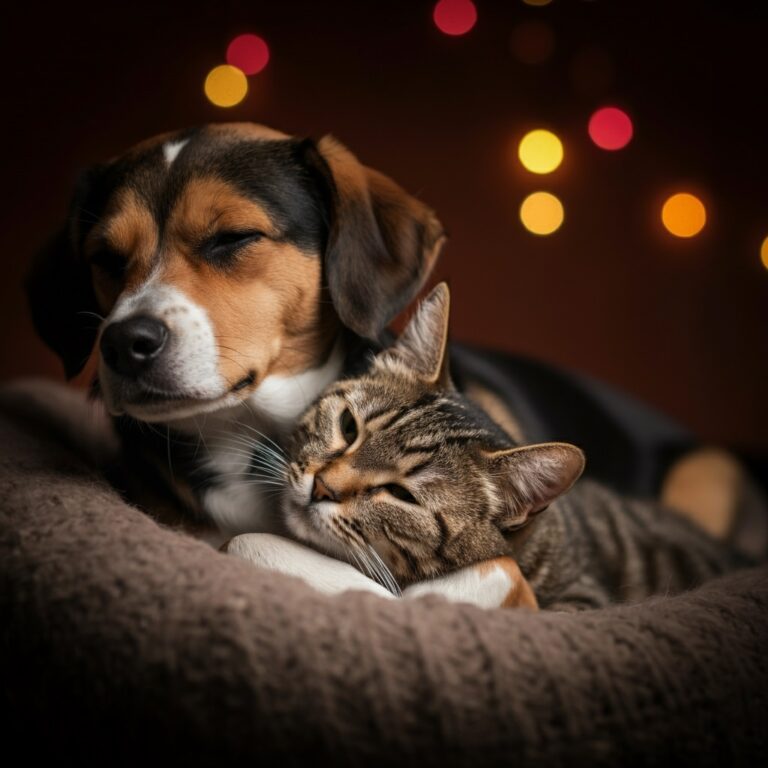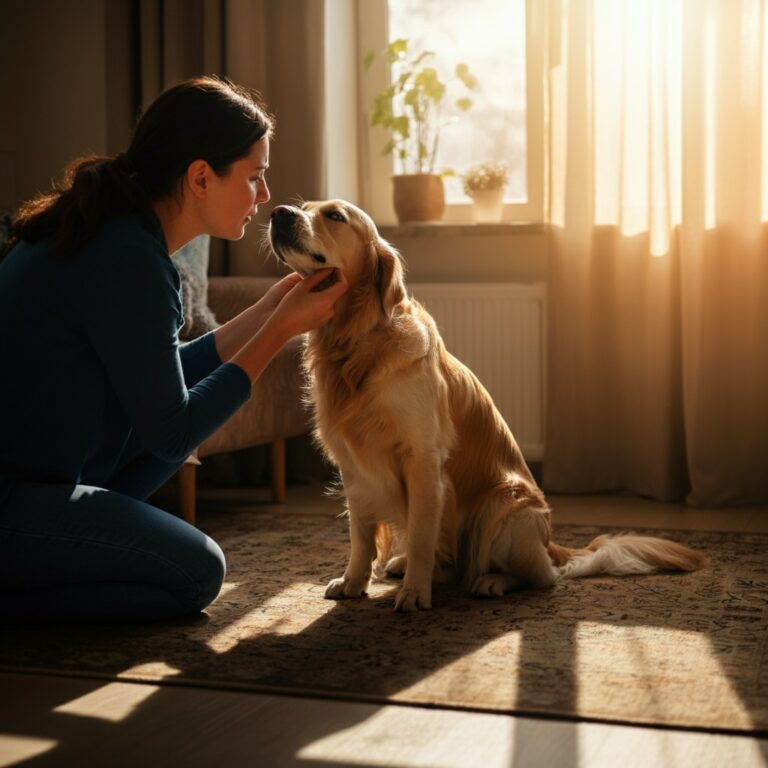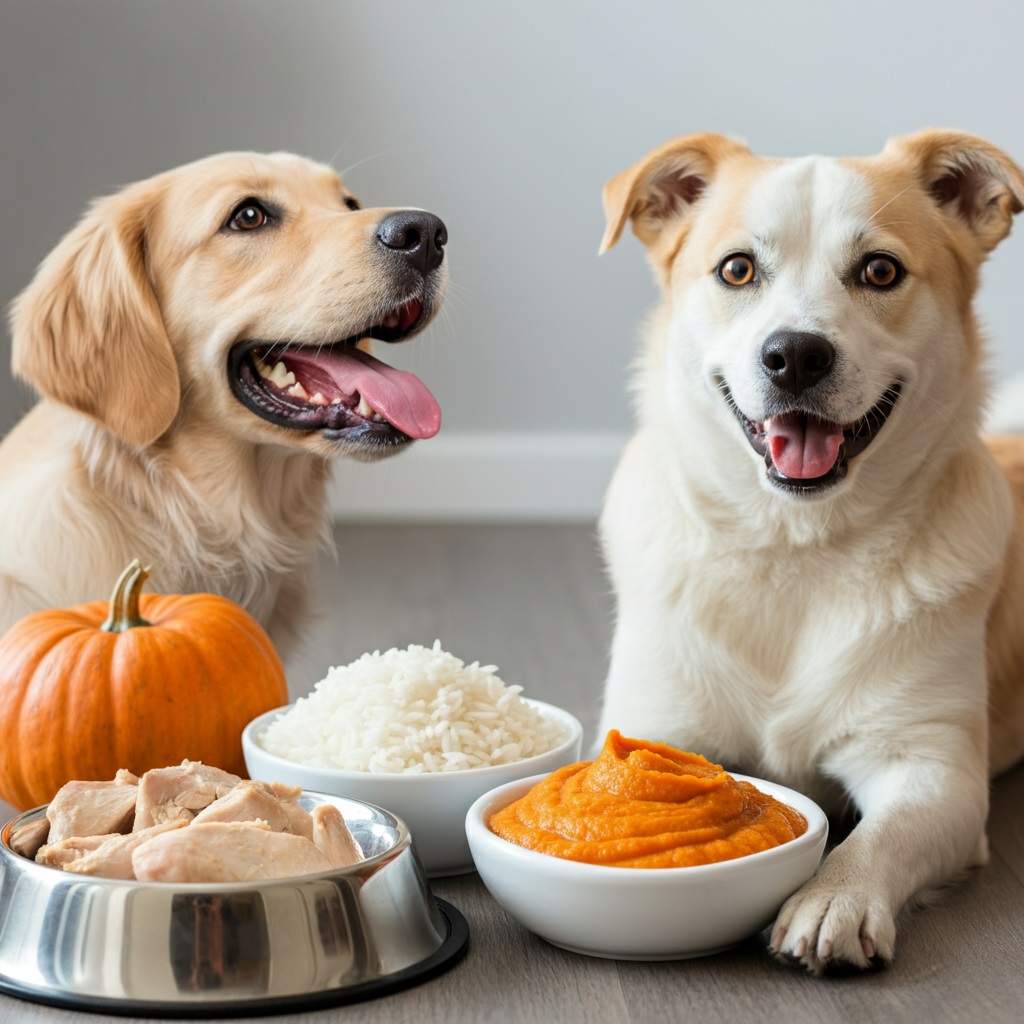
Dealing with a sick pet is never easy, especially when it comes to deciding what to feed them after a bout of vomiting or diarrhea. Knowing how to support your furry friend’s delicate tummy while helping them recover is crucial for their health and well-being.
This guide will help you understand the right foods to serve, signs to look out for, and when to consult your vet for further assistance.
Why Diet Matters During Recovery
When your pet experiences digestive upset, their stomach and intestines can become inflamed or irritated. Feeding them the wrong foods during this sensitive period can prolong their discomfort or exacerbate symptoms. This makes choosing the right diet during the recovery phase essential to provide key nutrients while being gentle on their stomachs.
Common Causes of Vomiting or Diarrhea in Pets
Before we get into what to feed your pet, it’s helpful to understand what might have caused their digestive issues. Common triggers include:
- Dietary Indiscretion (eating spoiled food or trash)
- Food Allergies or Intolerances
- Parasites
- Viral or Bacterial Infections
- Stress or Anxiety
If your pet experiences additional symptoms like lethargy, dehydration, or blood in their stool, contact your vet immediately as these could indicate a more serious condition.
The Ideal Diet After an Upset Stomach
Once your pet has stopped vomiting or experiencing diarrhea for 12–24 hours and is ready to eat, start with these easily digestible, low-fat foods for a quick recovery.
1. Boiled Chicken or Turkey
Lean protein is a fantastic option to help your pet regain strength without straining their digestive system.
How to Prepare:
Cook plain chicken or turkey breast by boiling it in water. Avoid adding any seasoning, oil, or butter. Shred it into small, bite-sized pieces before serving.
2. Plain White Rice
Rice is gentle on an upset stomach and is a great source of simple carbohydrates that can provide quick energy.
How to Prepare:
Boil plain white rice in water until soft. Don’t add any salt, butter, or seasoning. Mix it with shredded chicken or turkey for balance in their diet.
3. Pumpkin (Canned or Fresh)
Pumpkin is high in fiber and can help regulate digestion, making it a great option for pets recovering from diarrhea.
How to Serve:
Use plain canned pumpkin or roast fresh pumpkin and mash it. Avoid using pumpkin pie filling, which contains sugar and spices that can upset your pet’s stomach.
4. Mashed Potatoes (Plain)
Mashed potatoes, just like rice, are gentle on your pet’s stomach while also being easy to digest.
How to Prepare:
Boil or bake plain potatoes and mash them. Make sure no butter, milk, or seasoning is added.
5. Oatmeal
Oatmeal is a soothing option for pets needing a fiber boost to support digestion.
How to Serve:
Cook oatmeal in water (no milk), and allow it to cool before serving in small portions.
6. Low-Fat Cottage Cheese or Plain Yogurt
For pets that can handle dairy, small amounts of low-fat cottage cheese or plain yogurt (with live probiotics) can aid in restoring healthy gut bacteria.
Continues after advertising
Important Note:
Not all pets can tolerate dairy, so introduce this carefully and only if your pet has eaten dairy products before without issues.
Feeding Guidelines for Recovery
Follow these best practices when reintroducing food to your pet after an upset stomach:
1. Start Slow
Feed your pet small, frequent meals instead of one or two large ones. Give them a small tablespoon of food every 2–3 hours initially and gradually increase the portion size as they tolerate it.
2. Hydration is Key
Vomiting or diarrhea can quickly dehydrate your pet. Offer clean, fresh water frequently. For pets that may be reluctant to drink, try offering unsalted chicken broth to encourage hydration.
3. Stick to a Bland Diet for 3–5 Days
Even after your pet seems better, keep them on this bland diet for a few days before gradually transitioning to their regular food by mixing it in small portions.
Foods to Avoid
Certain foods can worsen your pet’s condition or cause more harm to their sensitive stomach. Avoid the following at all costs during the recovery phase:
- Fatty or Fried Foods
- Seasoned or Spiced Foods
- Dairy Products (in most cases)
- Raw Vegetables
- Bones
- Grapes or Raisins (toxic to pets)
When in doubt, stick to the bland foods mentioned above and consult your veterinarian before introducing anything new.
Signs Your Pet May Need a Vet
While many cases of vomiting or diarrhea resolve with a mild diet, some situations require professional care. Seek veterinary attention if you notice any of the following signs in your pet:
- Persistent vomiting or diarrhea beyond 24–48 hours
- Blood in stool or vomit
- Severe lethargy or disinterest in eating
- Signs of dehydration (e.g., dry gums, sunken eyes)
- Sudden weight loss or worsening symptoms
Caring for Your Pet’s Gut in the Long Run
Once your pet has recovered, here are a few tips to promote long-term digestive health and prevent future issues:
- Feed Them a High-Quality Diet: Choose a food tailored for your pet’s specific needs and life stage.
- Limit Treats: Stick to healthy, occasional treats to avoid overwhelming their stomach.
- Provide Probiotics: Adding probiotics to your pet’s routine can support gut health.
- Secure Trash and Food: Prevent “dietary indiscretions” by keeping tempting trash or table scraps out of reach.
Read More👉 How Nutrition Affects Coat Health in Dogs & Cats
Keep Your Pets Happy and Healthy
Caring for a pet after an upset stomach doesn’t have to be a daunting task. By feeding your furry friend gentle, nutrient-rich foods and monitoring their recovery closely, you can help them get back to their tail-wagging or purring selves in no time.
If you’d like more tips on managing your pet’s health or have questions about specific foods, visit our website or consult with your vet for personalized advice tailored to your pet’s needs!
